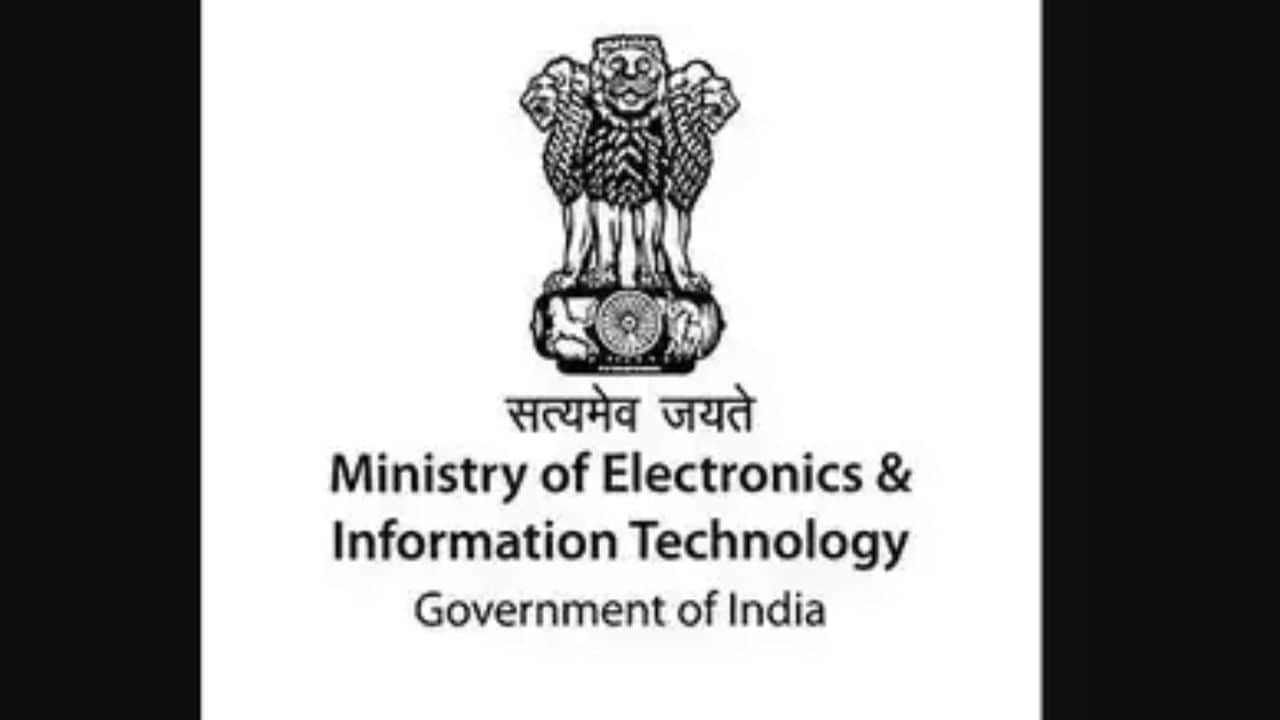The rapid rise of opinion trading platforms in India has sparked intense debate over their legality and regulations. While some view them as skill-based financial instruments, others argue they resemble gambling. However, the opinion trading companies now urge the government to regulate them.
The New Indian Consumer Initiative (NICI) PEN Media Literacy in its latest workshop has decided to send a joint representation letter to the Ministry of Consumer Affairs, the Ministry of Information & Broadcasting, the Ministry of Finance, SEBI, and ASCI, urging a ban on opinion trading platforms in India.
Storyboard18 had earlier reported about the unchecked rise of opinion trading games on real-money gaming platforms, which has drawn the attention of the Ministry of Electronics and Information Technology (MeitY).
Globally, in countries like the United States, the United Kingdom, and Australia, opinion trading apps and websites are classified as wagering platforms and are regulated. However, India still lacks specific legislation to govern these activities.
A spokesperson from SportsBaazi said, “We welcome and support MeitY in developing a framework to define permissible and non-permissible games. We have always maintained that there should be a clear regulatory structure, and we strongly support such an initiative. We firmly believe that sports trading will meet all prescribed regulations and frameworks distinguishing between games of skill and chance.”
MeitY should regulate us
Probo, an opinion-based trading platform, has witnessed rapid growth over the past three fiscal years, with revenue rising from Rs 2.6 crore in FY22 to Rs 86 crore in FY23 and surpassing Rs 450 crore in FY24—marking a 5.3x year-on-year jump. Notably, the Peak XV-backed company’s net profit soared 25x year-on-year, approaching Rs 100 crore in FY24.
When asked about the increasing demand to ban opinion trading, a spokesperson from Probo said, “The industry is still in its early stages but holds immense potential. The need for regulation is critical to ensure its proper growth. It is encouraging that the regulator is monitoring the space, as this will help in understanding the significant skill involved in opinion trading games.”
The Probo spokesperson further stated, “Opinion trading platforms require the same, if not a higher, level of skill than traditional fantasy sports or card-based games like Rummy. Players must rely on analytical thinking, past knowledge, attention to detail, and quick decision-making. Features like exit/stop loss and book profit emphasize strategic trading rather than wagering, making it a skill-based activity.”
MPL, which offers MPL Opinio, claimed to be committed to providing a safe gaming experience for all its users. An MPL spokesperson said, “MPL is a multi-game platform featuring over 50 games, with sports engagement contributing less than 5% of our total revenue. All our games, including Opinio, undergo the same rigorous checks and balance measures and meet the industry’s skill-based standards.”
The MPL spokesperson further said, “Independent experts, law firms, and former judges have confirmed that, like fantasy cricket, opinion trading relies on key skills such as strategic decision-making, deep knowledge, and effective position hedging. The skill gaming industry has always stood for innovation and new game formats, from poker to ludo, and we are fully committed to adhering to regulations as they evolve to provide a safe gaming experience for all our users.”
The Legal Approach
The absence of clear regulations for opinion-based gaming leaves a grey area that both players and platforms continue to exploit. Opinion-based games appeal to a wide audience and generate substantial revenue. However, their similarity to wagering and gambling creates challenges for the broader real-money gaming (RMG) industry. It is imperative for the government, especially MeitY, to establish comprehensive guidelines to address these challenges.
Akshat Khetan, Founder of AU Corporate Advisory and Legal Services, stated, “The legal treatment of such platforms depends on how they operate. If these apps merely allow users to stake money on unpredictable outcomes without requiring skill, they might fall under gambling laws and should be regulated accordingly. However, if they involve systematic, skill-based decision-making similar to stock market trading, they should be classified separately. A regulatory framework that distinguishes between skill-based and chance-based prediction markets could be a better approach than an outright ban.”
Snigdhaneel Satpathy, Partner at Saraf and Partners, stated, “Wagering on future predictions can be considered gambling if it relies predominantly on chance rather than skill. Given the proliferation of such opinion trading platforms, it’s important to have regulatory clarity on this issue. Similarly, there should be certain no-go areas—such as stock markets and electoral predictions—that may have implications not just under gaming laws but under other laws as well.”
Adarsh Somani, Partner at Economic Laws Practice, said, “Many opinion trading platforms prominently present themselves as ‘skill-based’ games, urging participants to dive into research, analyze trends, and refine their predictions over time. But whether these platforms genuinely embody skill or are merely a façade for chance-driven speculation remains up for debate.”
Despite the claimed skill element, the presence of chance cannot be denied. Unforeseen events, market volatility, and external forces can all disrupt predictions, rendering these platforms a hybrid of strategy and luck. In many respects, they mirror gambling—especially when outcomes are uncertain and tied to monetary rewards. While banning them outright might seem like an attractive solution, it could stifle innovation.. Somani added.
As the government, regulatory bodies, and industry stakeholders navigate this complex landscape, a balanced approach—one that encourages innovation while mitigating risks—will be essential in shaping the future of opinion trading in India. Effective oversight will determine whether these platforms thrive or fade into legal uncertainty.
